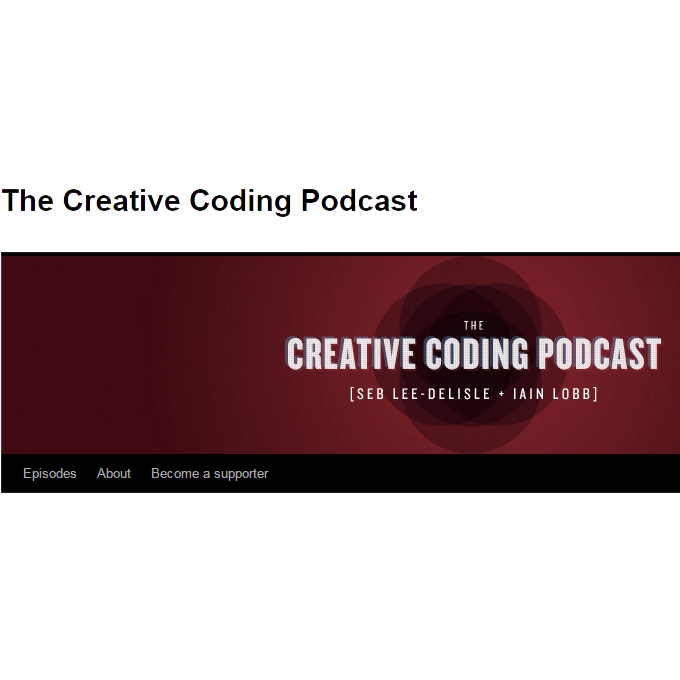

There is a variety of eCommerce applications like Magento and PrestaShop, but they are considered heavy for starters and medium-size businesses. On the other hand, WordPress is easy to install and simple to use.
WordPress offers a vast pool of themes and plugins for customizing a WordPress website according to your business specific requirements. For example, displaying different store locations or creating the product image gallery. The WooCommerce plugin is a recommended tool for adding more product information on landing pages through additional fields.
In addition to installing plugins, modifying the code, and making numerous changes, you are also required to read what the experts share on their blogs, websites and social profiles. Following are some of the best eCommerce tips by experts.
Offer something distinct and valuable
Nicole Kohler, a prolific author at WooThemes, reveals one of the best eCommerce tips to making your website a success.
He states,
Find something you can do that no one else can, and use that to propel your store to the top. Unless you have some kind of unique value, your store will never stand out…
An online buyer chases for the valuable products because a product of average quality or value is often available in their local markets. They visit your online store to avail, and you have to showcase the key features or the quality attributes they are looking for.
Install free themes and plugins from the extensive pool of WordPress
WordPress is known for owning an extensive pool of appealing themes and useful plugins. And, interestingly, most of them are free. Patrick Rauland, who is a product manager at WooCommerce, is also of the opinion of taking benefit of the free available tools.
Here’s what he says,
Take advantage of all the free tools out there. Things like WooCommerce Google Analytics Integration, social sharing plugins, WooCommerce product archive customers, etc. There’s a lot out there that doesn’t require a paid plugin…
WordPress has a supportive community of developers, designers, and experts who give the best eCommerce tips. They have listed many free tools for beginners to start an online store as soon as possible.
Follow the best eCommerce tips for advanced learning
In every niche, you may find bloggers and influencers. They have an understanding of different user communities and have a fan following. To appease their readers, they carry extensive research and product top-notch content. For market insights and expert tips, you need to follow them.
Darren Rowse, the founder of ProBlogger and a well-known author, reveals that;
Watching and listening will help you identify key eCommerce bloggers and influencers– these are people who can teach you a lot.
Bloggers, writers, and role models of industry have an active list of followers. They publish a post or tweet a statement in light of their knowledge and expertise. So, following them will definitely benefit you.
Make your store pleasurable and usable
To make the users easily find products in your store, pursue a pleasing design. Improving the user experience of a website is a continuous struggle. So, you need to review, test and revise according to the common user behavior.
Rand Fishkin, the founder of Moz, states that:
Test your site with your customers, potential customers, and their influencers. Make sure that what you’ve designed is easy and pleasurable to use.
Improve the URL structure
The search engines read a web URL before scanning the body content. On WordPress, by default, the URL structure is not SEO-friendly. You can change it from the permalink section in the settings of your website.
Tina Courtney-Brown, who is an internet marketing enthusiast and an authoritative writer, states that:
The default URL structure in WordPress is ?p=123 – and this is simply not beneficial for SEO…
Conclusion
The best eCommerce tips will allude to the fact that your website will need many changes over time. The beginners often start with little knowledge, but soon becomes an intermediate user by following the experts. The things you can learn yourself in weeks can be learned by reading a few experts that include their valuable experiences.
Author Bio:
Paul Simmons holds expertise in eCommerce web design and development and has successfully delivered projects in Magento, WordPress, WooCommerce, Joomla and other CMS/shopping cart platforms. His work can be found on FMEAddons, a leading web design and development agency catering to only the best eCommerce tips. 7 years + experience in Magento, WP and custom work.




